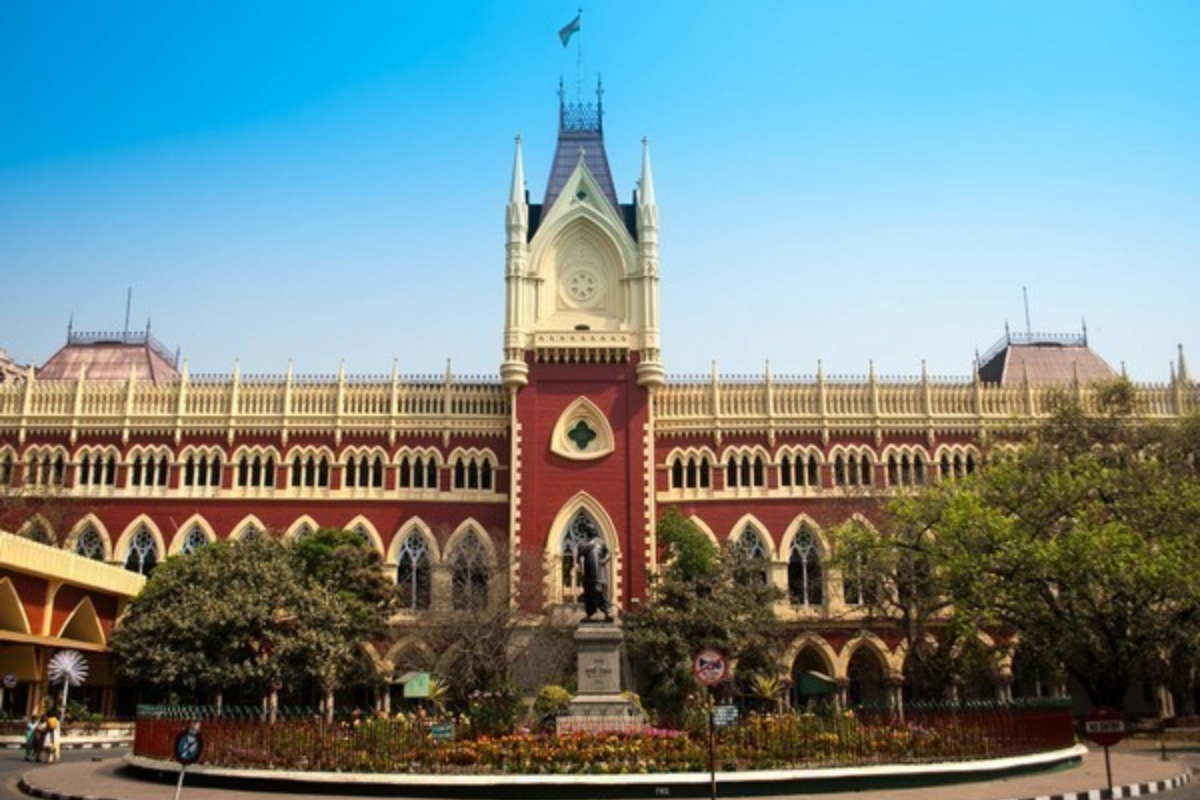KOLKATA: In a major development ahead of the upcoming panchayat election in West Bengal, the Calcutta high court has directed the Bengal State Election Commission (SEC) to deploy Central Armed Police Forces (CAPF) alongside state armed forces in an equal 50:50 ratio at every polling booth.
The court’s decision aims to address the escalating violence witnessed during the election preparations, ensuring a safer and more secure electoral process on July 8.
The High Court emphasised the need to deploy both the central and state armed forces given the substantial number of personnel available to the commission from both entities. While this will require breaking up sections of forces into smaller units, the court deemed it necessary due to the “extraordinary” circumstances prevailing on the ground.
ALSO READ: Escalating bombings, murders cast shadow over Bengal panchayat polls
A notable aspect of the court’s directive is the appointment of an Inspector General (IG) from the Border Security Force (BSF) as the ‘force coordinator.’ Legal experts suggest that this move could curtail the commission’s authority on force deployment, as the IG would play a crucial role in coordinating the activities of both central and state forces.
“Considering the extraordinary situation that led to the issuance of directions for the deployment of Central Forces, if there is a norm by the 3 Central Forces or by the Central Government with regard to the deployment, necessary relaxation can be made with regard to the number of personnel who are to be deployed to each of the polling stations.,” the HC stated in its order.
“In other words, the Inspector General of BSF who has been appointed as Force Coordinator may issue appropriate directions so that the deployment of the Central Forces can cover all polling stations in the State,” the court said.
ALSO READ: Union Home Ministry seeks deployment details of central forces from WBSEC
Incidentally, many poll officials had earlier voiced concerns regarding their safety and security at the booths. Speaking to The New Indian, a polling official said, “We want central forces in every booth for our safety and security. Central forces are required. In case any untoward situation takes place, having central forces will ease the situation.”
The court’s directions came in response to a Public Interest Litigation filed on the issue of force deployment, highlighting the rampant political violence reported in various parts of Bengal. The SEC had approached the court seeking guidance on formulating a deployment plan based on the total number of available forces.
The court’s order allows for the necessary relaxation of personnel numbers deployed at each polling station, provided it aligns with existing norms set by the Central Forces or the Central Government.
ALSO READ: Calcutta HC demands requisition of over 82,000 Central Forces
Furthermore, the court ruled that the central forces would remain deployed until the election process concludes and results are declared, ensuring a continuous security presence throughout.
Interestingly, the SEC’s stance underwent a notable shift during the court proceedings. Initially, the commission opposed the deployment of central forces, joining forces with the state government to challenge the High Court’s order before the Supreme Court. However, after a stern High Court order, the commission relented and requested an additional 800 companies of CAPF, which were granted in phases by the Ministry of Home Affairs.
ALSO READ: Central forces for West Bengal election: SC upholds HC order
Presently, the SEC has at its disposal over 65,000 central armed personnel and approximately 70,000 state armed police to manage the 61,000 polling booths. These booths will witness voters deciding the fate of around 75,000 seats across the three tiers of the state panchayat system.
The CAPF deployed for the elections comprises personnel from the CRPF, BSF, CISF, ITBP, SSB, and RPF, with each company consisting of about 80 active armed personnel. This formidable force will be responsible for maintaining law and order, establishing quick response teams, and handling potential outbreaks of violence.










